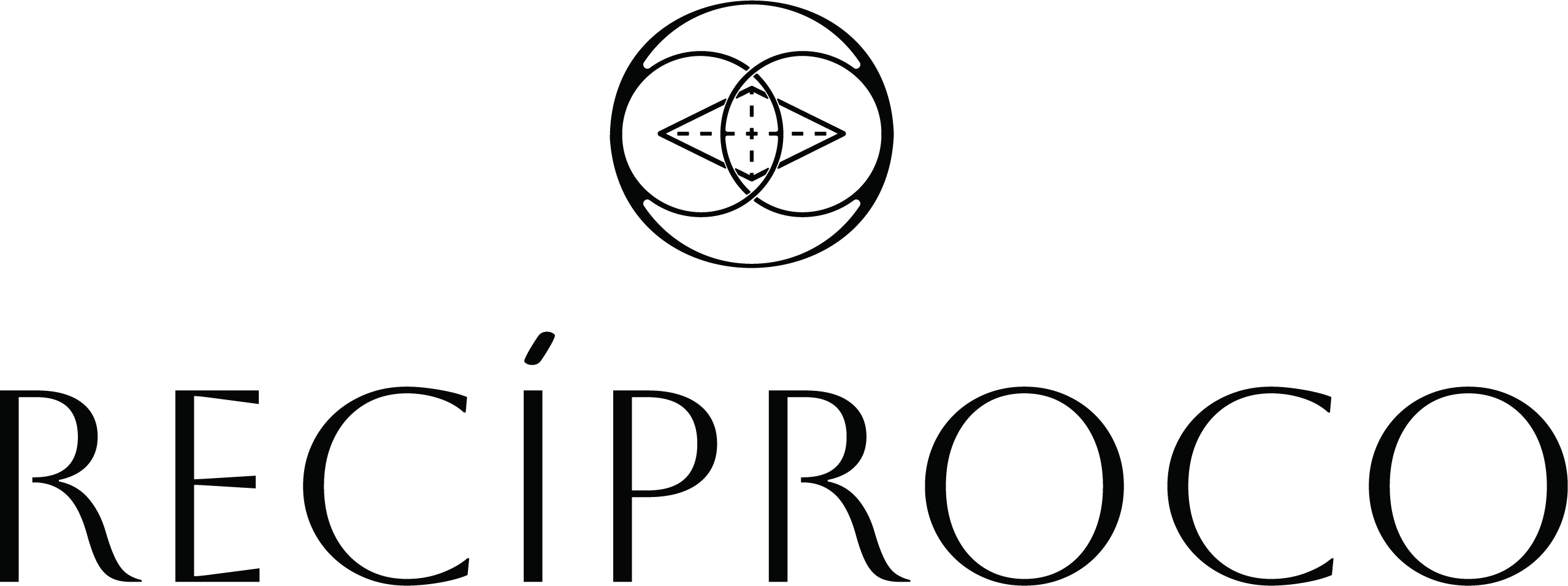Understanding Reciprocity in the Therapeutic Relationship
5 minutes to read
In this article, we'll delve into the vital role of reciprocity in the therapeutic relationship, highlighting how mutual engagement between therapist and client fosters trust, empathy, and profound healing.
The Power of the Therapeutic Relationship
Understanding Reciprocity in Therapy
The Core Elements of Reciprocity in Therapy
Furthermore, reciprocity encourages collaborative engagement between the therapist and the client. Rather than adopting a hierarchical approach where the therapist holds all the expertise and authority, a reciprocal therapeutic relationship values the client as an active and empowered participant in their own healing journey.
Clients are encouraged to voice their goals, preferences, and feedback, while therapists offer guidance, insights, and therapeutic interventions tailored to the client's unique needs and strengths.
In this dynamic exchange, both individuals contribute to a process that is more than the sum of its parts. While therapists provide professional expertise, interventions, and support, clients bring their lived experiences, perspectives, and self-awareness to the table. In this mutually transformative space, clients can gain a deeper understanding of themselves, develop coping strategies, and cultivate resilience to navigate life's challenges, whilst therapists have the opportunity to gain insight, experience, and the joy of purposeful or meaningful action.
Reciprocity also requires a fair degree of transparency, trust and honesty within the therapeutic relationship, two ingredients which provide a rich yet safe container for mutual transformation to occur. Whilst therapists can strive to maintain authenticity and integrity by openly discussing the therapeutic process, boundaries, and any potential challenges that may arise, clients are encouraged to express their thoughts, concerns, and feedback openly.
Extending Reciprocity Beyond Therapy Sessions
" By demonstrating empathy and understanding, the therapist creates a safe space where clients feel heard, respected, and supported, encouraging them to open up and explore their thoughts and feelings more deeply."
The Importance of Reciprocal Relationships in Therapy
7 minutes to read
In this article, we'll delve into the vital role of reciprocity in the therapeutic relationship, highlighting how mutual engagement between therapist and client fosters trust, empathy, and profound healing.
The Power of the Therapeutic Relationship
Understanding Reciprocity in Therapy
The Core Elements of Reciprocity in Therapy
Furthermore, reciprocity encourages collaborative engagement between the therapist and the client. Rather than adopting a hierarchical approach where the therapist holds all the expertise and authority, a reciprocal therapeutic relationship values the client as an active and empowered participant in their own healing journey.
Clients are encouraged to voice their goals, preferences, and feedback, while therapists offer guidance, insights, and therapeutic interventions tailored to the client's unique needs and strengths.
In this dynamic exchange, both individuals contribute to a process that is more than the sum of its parts. While therapists provide professional expertise, interventions, and support, clients bring their lived experiences, perspectives, and self-awareness to the table. In this mutually transformative space, clients can gain a deeper understanding of themselves, develop coping strategies, and cultivate resilience to navigate life's challenges, whilst therapists have the opportunity to gain insight, experience, and the joy of purposeful or meaningful action.
Reciprocity also requires a fair degree of transparency, trust and honesty within the therapeutic relationship, two ingredients which provide a rich yet safe container for mutual transformation to occur. Whilst therapists can strive to maintain authenticity and integrity by openly discussing the therapeutic process, boundaries, and any potential challenges that may arise, clients are encouraged to express their thoughts, concerns, and feedback openly.
Extending Reciprocity Beyond Therapy Sessions
"This is not just what we “think we feel” or the verbal expression of what we feel, but the conscious awareness of where these emotions are stored and processed throughout our entire body."

